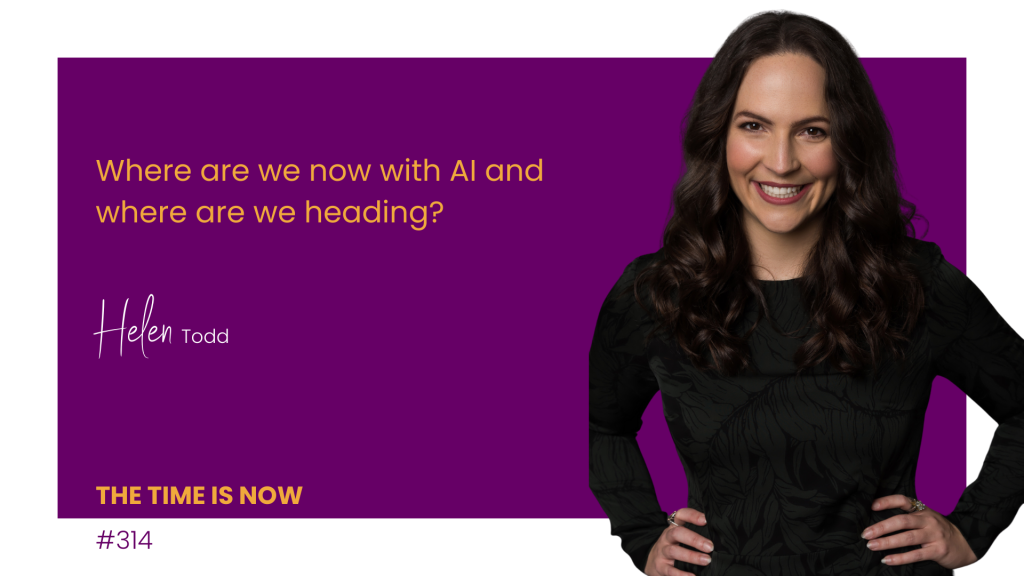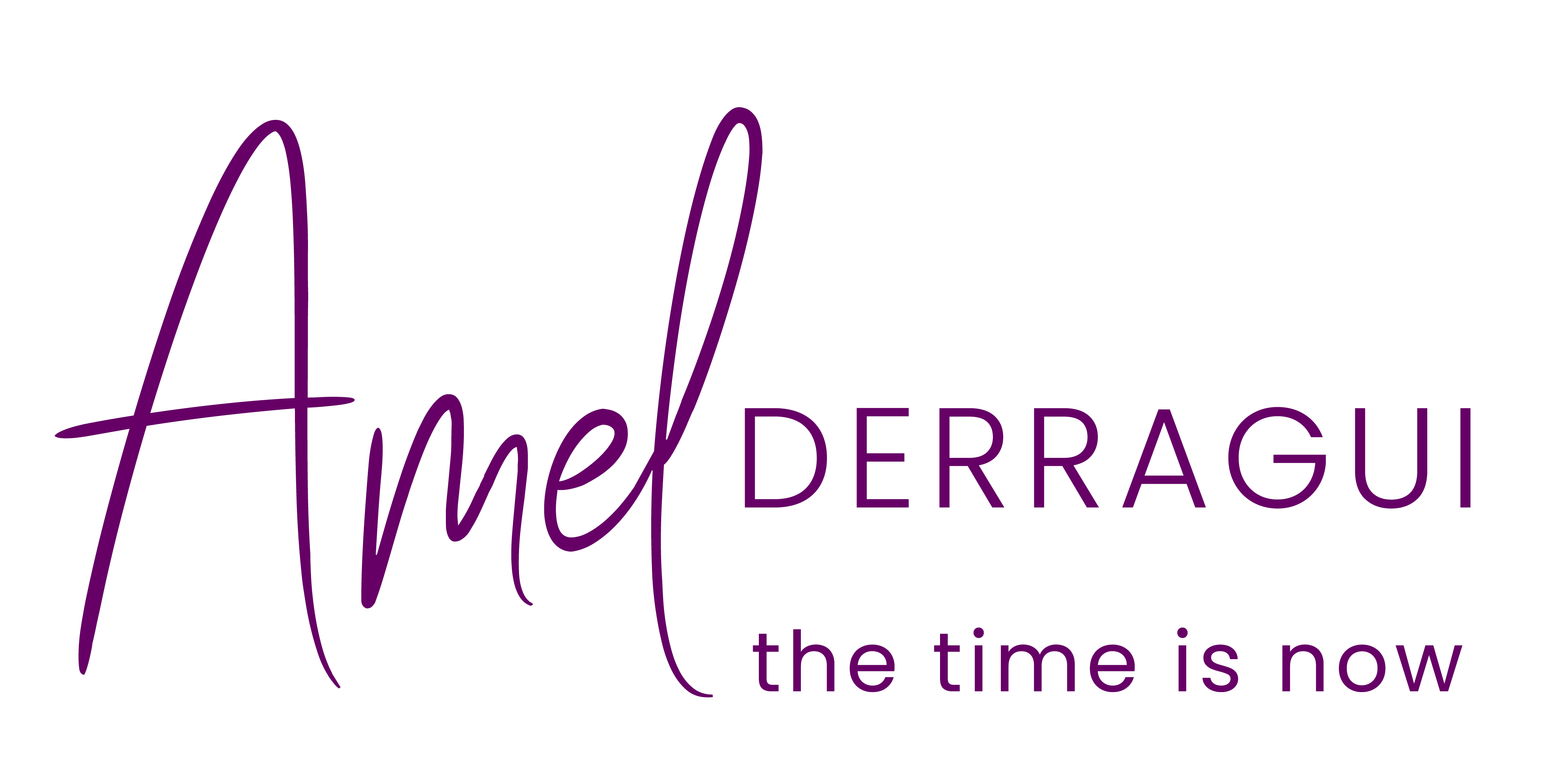Where are we now with AI and where are we heading?

Listen on your podcast app:
Resources Of This Episode:
- Interested in working with me? Schedule a free consultation call here.
Since the launch of Chat GPT, AI has become the buzz word everywhere.
But what should we really understand about AI today? How can we use it ethically to leverage our businesses? And how can we see it evolve in the future?
Helen Todd, one of the first thousand people to have created her own digital clone answers these questions for you.
Helen Todd is the first resident in Cincinnati, OH, to digitally clone herself with a hyper-realistic avatar. She co-founded Sociality Squared, a social media agency established in 2010 in New York City, when social media was just emerging to help brands grow their businesses. She was at the forefront of a disruptive technology then, and now is leading the way yet again with Creativity Squared, a free weekly newsletter, podcast, and YouTube channel exploring how creatives are collaborating with artificial intelligence. Her new platform fosters critical discussions around A.I., like the future of ethical synthetic media exemplified by her digital avatar, Helen 2.ODD.
It is important to remember that we are co-creating the new AI reality and that we have agency to shape it together to do good.
Because it’s important to support artists, 10% of all revenue Creativity Squared generates supports ArtsWave’s Black and Brown Artist Program elevating underrepresented voices and bridging cultural divides through art.
Helen is an award-winning marketer, international speaker, and an advisor, mentor, and speaker for SXSW Interactive. She graduated from Xavier University and holds a Master’s degree in Integrated Marketing Communication from Emerson College.
What you will learn:
- How does AI really work and how to make sure that it is ethically used?
- How to leverage AI in your marketing efforts to save time and implement effective strategies?
- How to create a digital clone of yourself and serve your audience with it?
Other resources and inspiration:
- Article: ‘Unmasking AI’ and the Fight for Algorithmic Justice
- Discover HeyGen: AI-powered video creation at scale
- AI Voice Cloning: Clone Your Voice Instantly
- Best 7 HeyGen competitors & alternatives
- Alternatives to HeyGen
- https://www.heygen.com/alternatives
- Watch the video: Not Deepfaked! Meet My Digital Clone Helen 2.ODD — I Own My AI-Created Custom Synthetic Avatar’s IP
Find Helen online
Enjoyed this episode? Please leave a review
Please leave a review or a comment to help me reach more people who need to hear this. Choose your favorite podcast app:
Transcript
the backend has a lot of the different AI providers. Mine is a synesthesia clone, and then the voice comes from 11 labs. Uh, but they kind of think of themselves as kind of your avatar wallet.
[:[:[:[:[:[:[:[:[:[:[:[:[:[:[:he, I, I think a lot of, and [:[:[:[:[:[:[:[:about my audience, how to make sure that they don't feel tricked with a fake version of me.
[:[:[:[:[:[:[:[:[:[:[:[:[:[:[:[:[:[:[:[:[:[:[:[:[:[:[:[:[:[:if you have work with bigger [:[:[:[:[:[:[:[:[:you're interested in being cloned. Uh, more in the US right now. But we have partner studios all over the US and happy to do a demo if anyone's interested.
[:[:[:[:[:[:[:[:[:with you as well as anything related to, uh, turning all your challenges into great opportunities to create more growth, alignment, and impact with your business.
